Establishing Bermuda Sod {after improper start}
lifeofjenn
9 years ago
Related Stories
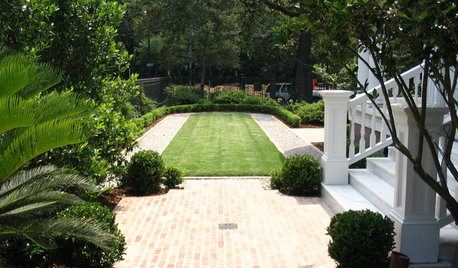
GARDENING GUIDESHow to Plant a New Lawn From Sod
Take the quick-start route to turf with sod; these installation guidelines will help ensure a healthy and long-lasting lawn
Full Story
GARDENING GUIDESHow to Stop Worrying and Start Loving Clay Soil
Clay has many more benefits than you might imagine
Full Story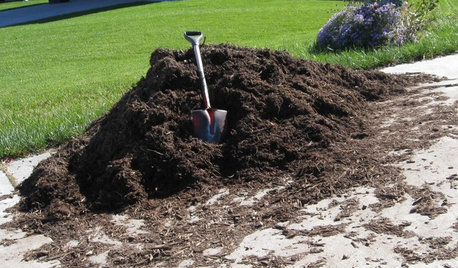
FRONT YARD IDEASBefore and After: Front Lawn to Prairie Garden
How they did it: Homeowners create a plan, stick to it and keep the neighbors (and wildlife) in mind
Full Story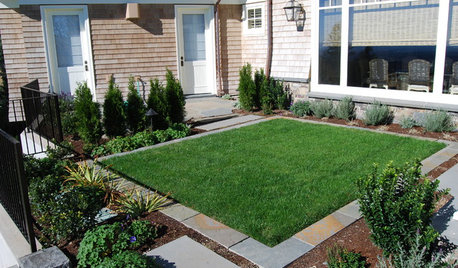
GARDENING GUIDESHow to Prep Your Ground for a Healthy New Lawn
Seed or sod that falls on weedy, lumpy soil is a wasted effort. Follow these steps to ensure that your new lawn will thrive
Full Story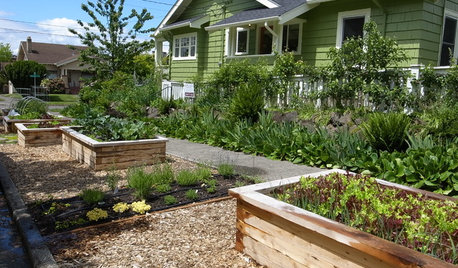
BEFORE AND AFTERSSee 6 Yards Transformed by Losing Their Lawns
Wondering whether a turf lawn is the best use of your outdoor space? These homeowners did, and they found creative alternatives
Full Story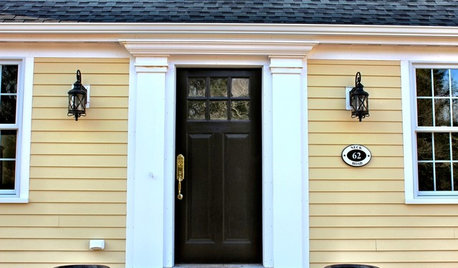
LIFE7 Things to Do Before You Move Into a New House
Get life in a new house off to a great start with fresh paint and switch plates, new locks, a deep cleaning — and something on those windows
Full Story
INSPIRING GARDENS12 Storybook Cottage Gardens
If you want a bewitching cottage garden but aren’t sure where to start, these ideas will get you planting in no time
Full Story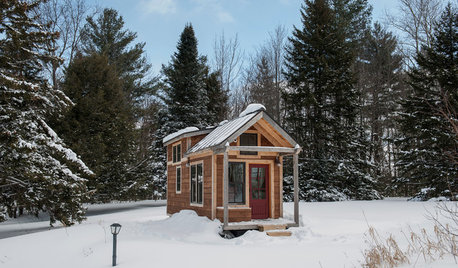
TINY HOUSESHouzz Tour: A Custom-Made Tiny House for Skiing and Hiking
Ethan Waldman quit his job, left his large house and spent $42,000 to build a 200-square-foot home that costs him $100 a month to live in
Full Story
HEALTHY HOMEDetox Your Kitchen for the Healthiest Cooking
Maybe you buy organic or even grow your own. But if your kitchen is toxic, you're only halfway to healthy
Full Story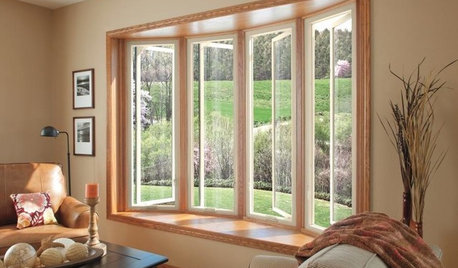
GREAT HOME PROJECTSUpgrade Your Windows for Beauty, Comfort and Big Energy Savings
Bid drafts or stuffiness farewell and say hello to lower utility bills with new, energy-efficient windows
Full Story







dchall_san_antonio
Related Professionals
Wrentham Landscape Architects & Landscape Designers · 70037 Landscape Architects & Landscape Designers · Leawood Landscape Architects & Landscape Designers · Southfield Landscape Architects & Landscape Designers · Springfield Landscape Contractors · Cincinnati Landscape Contractors · Fort Myers Landscape Contractors · Hawaii Landscape Contractors · Lake Saint Louis Landscape Contractors · Las Vegas Landscape Contractors · Waldorf Landscape Contractors · Raytown Landscape Contractors · Eatontown Swimming Pool Builders · Sudley Swimming Pool Builders · Visalia Swimming Pool Builders